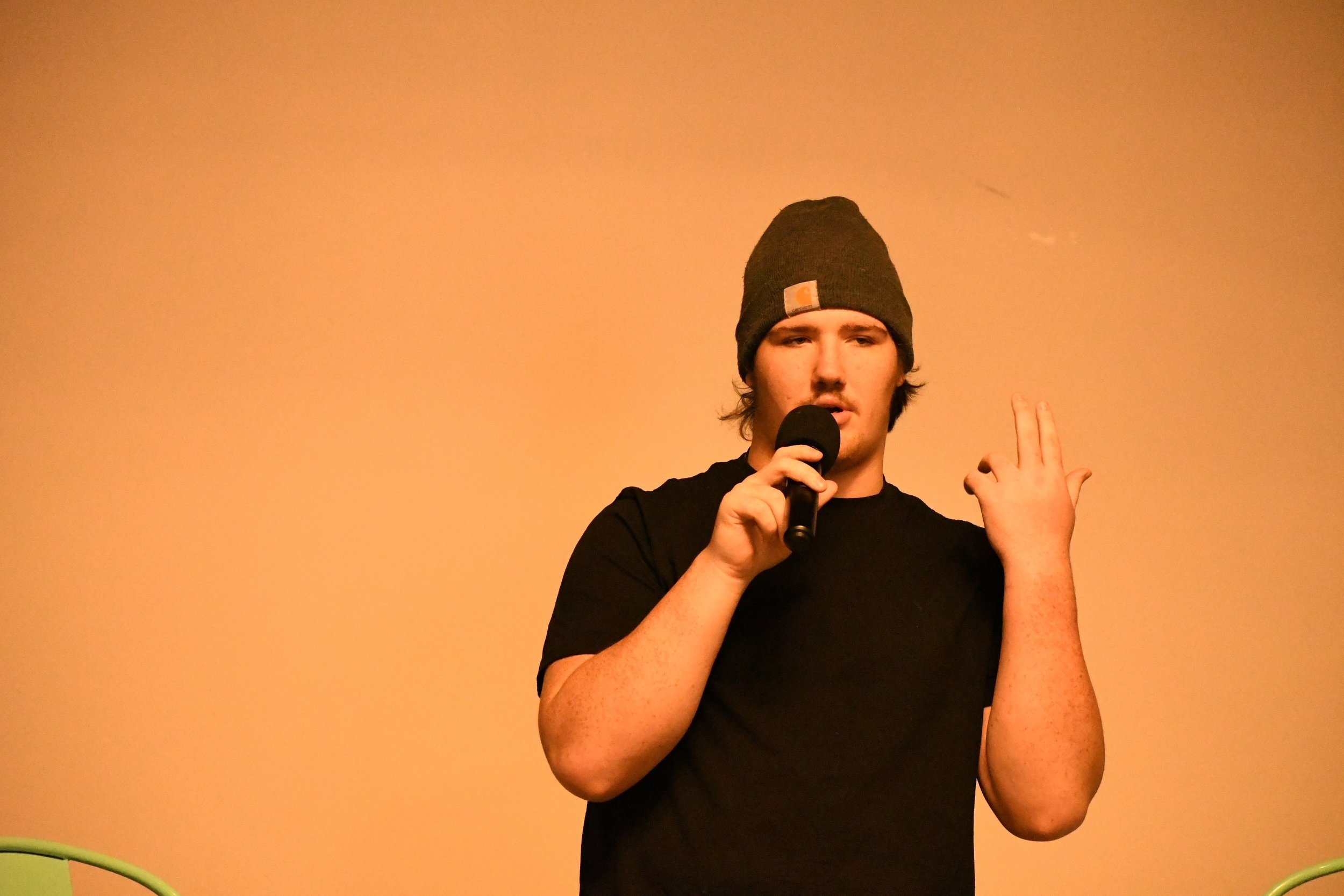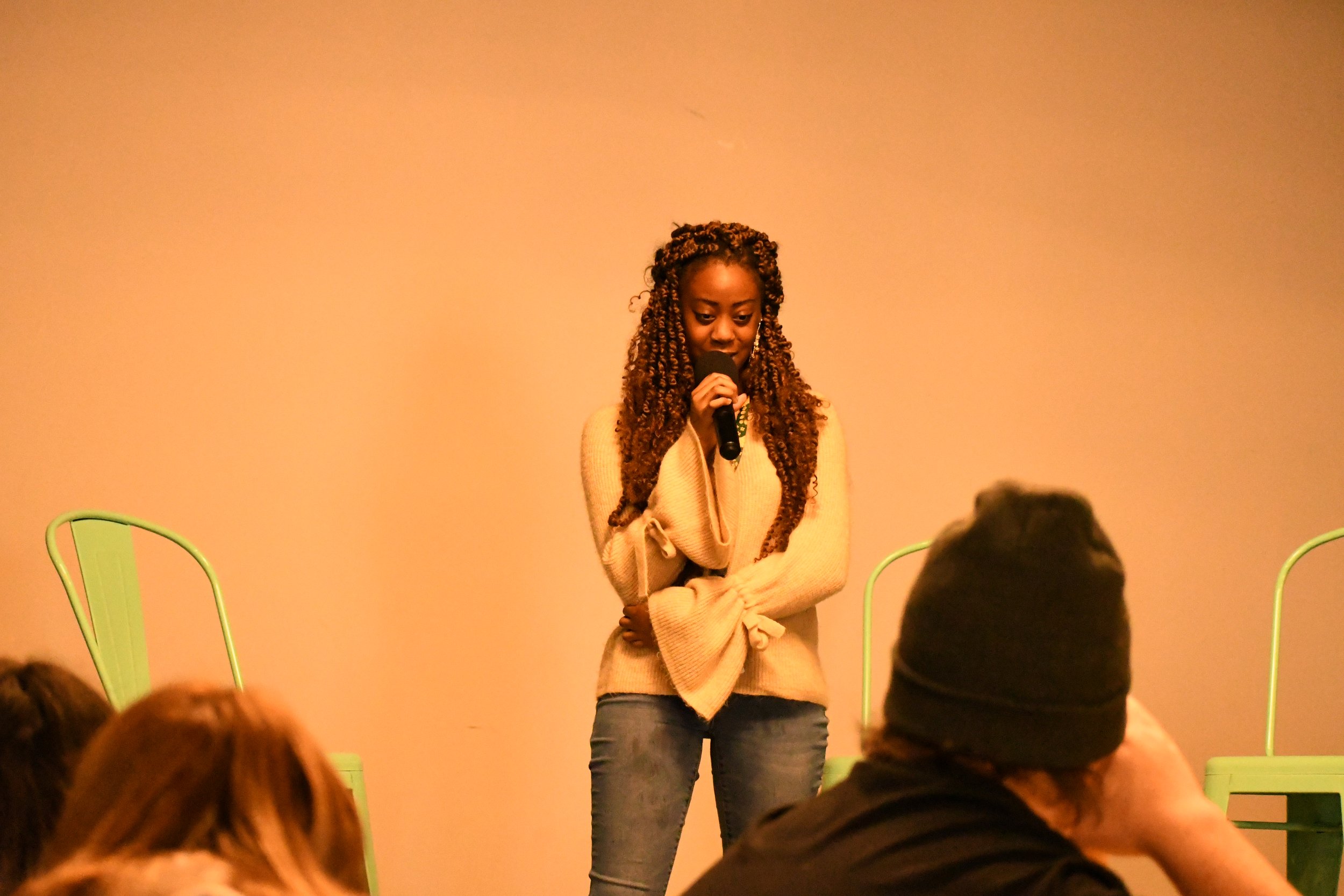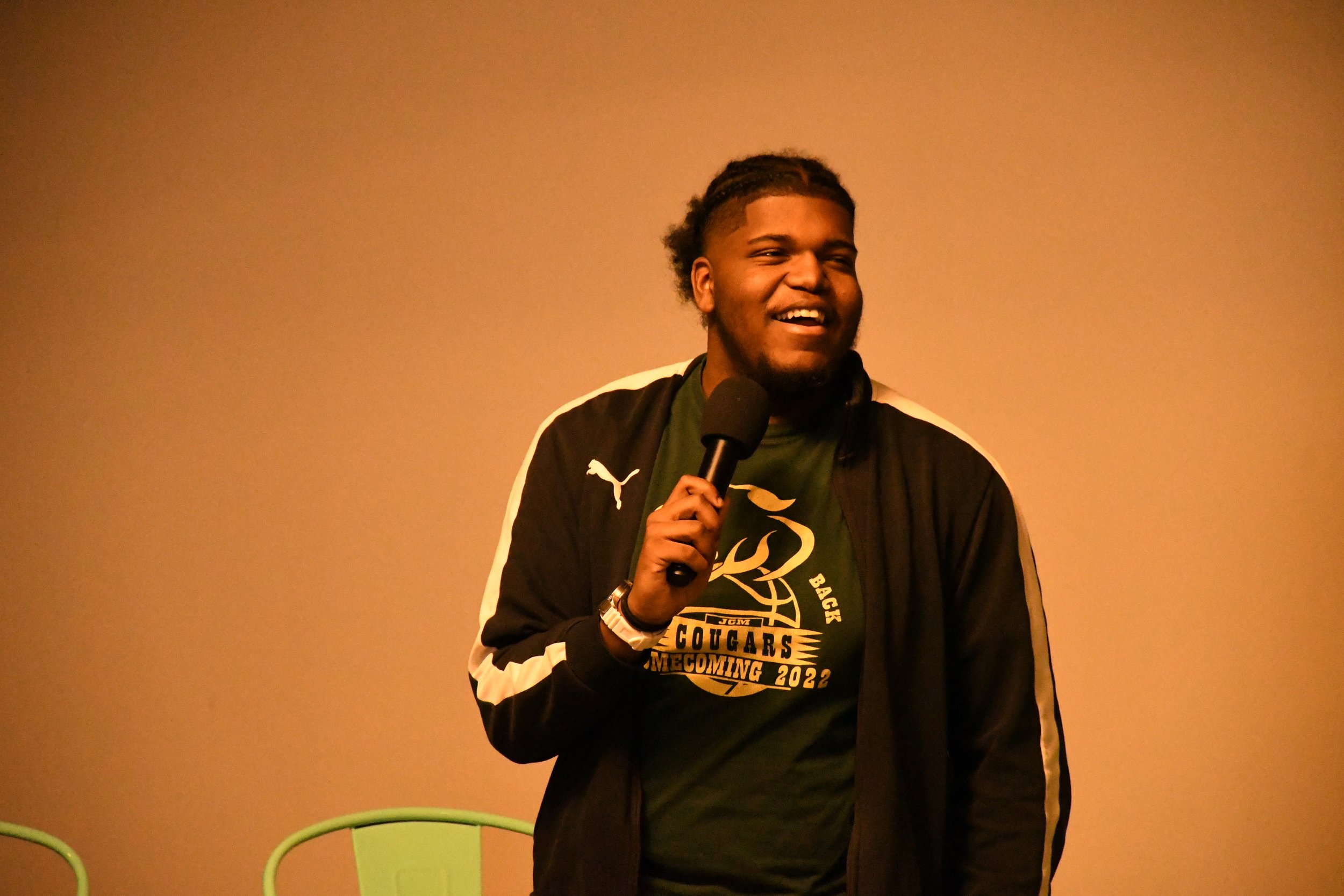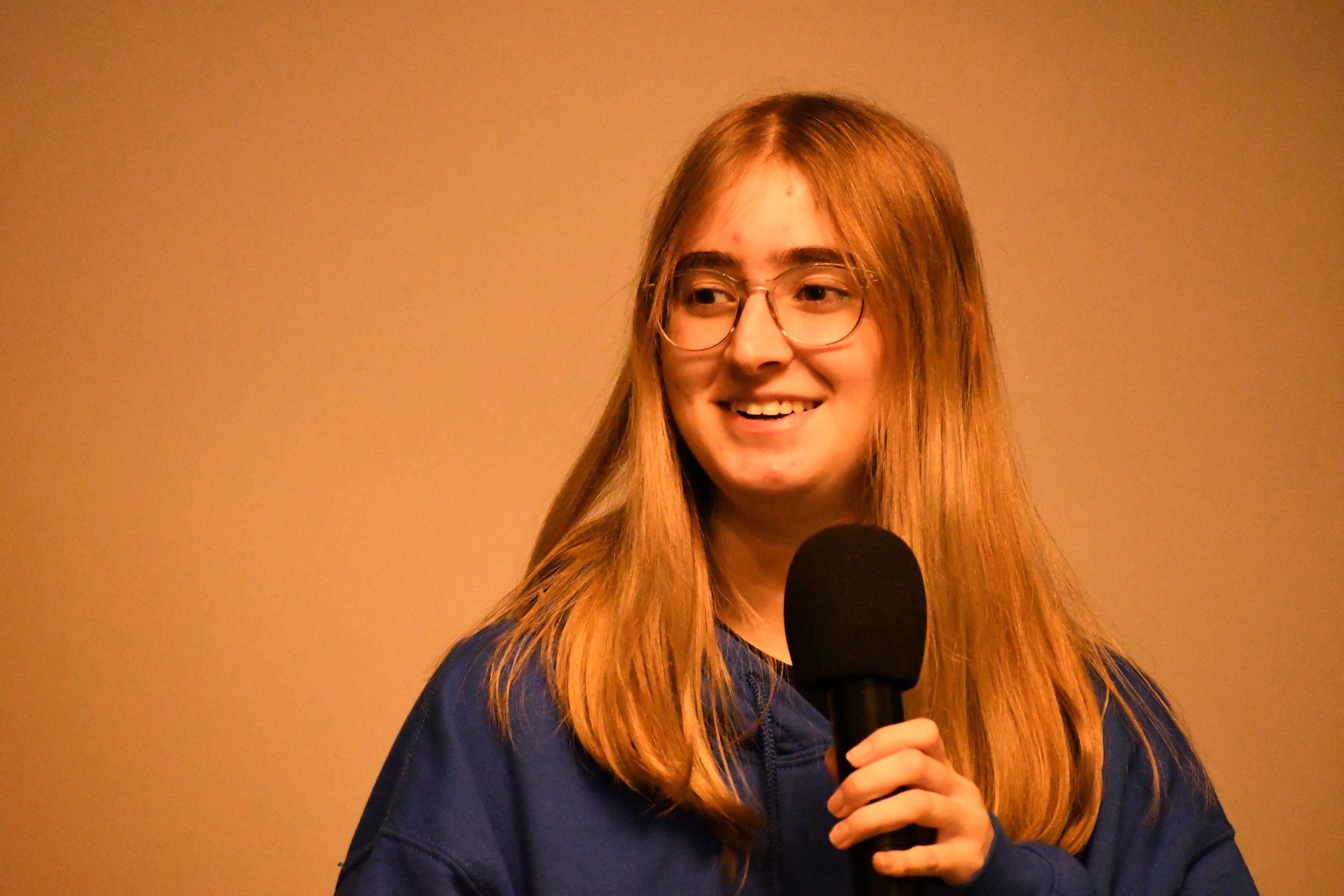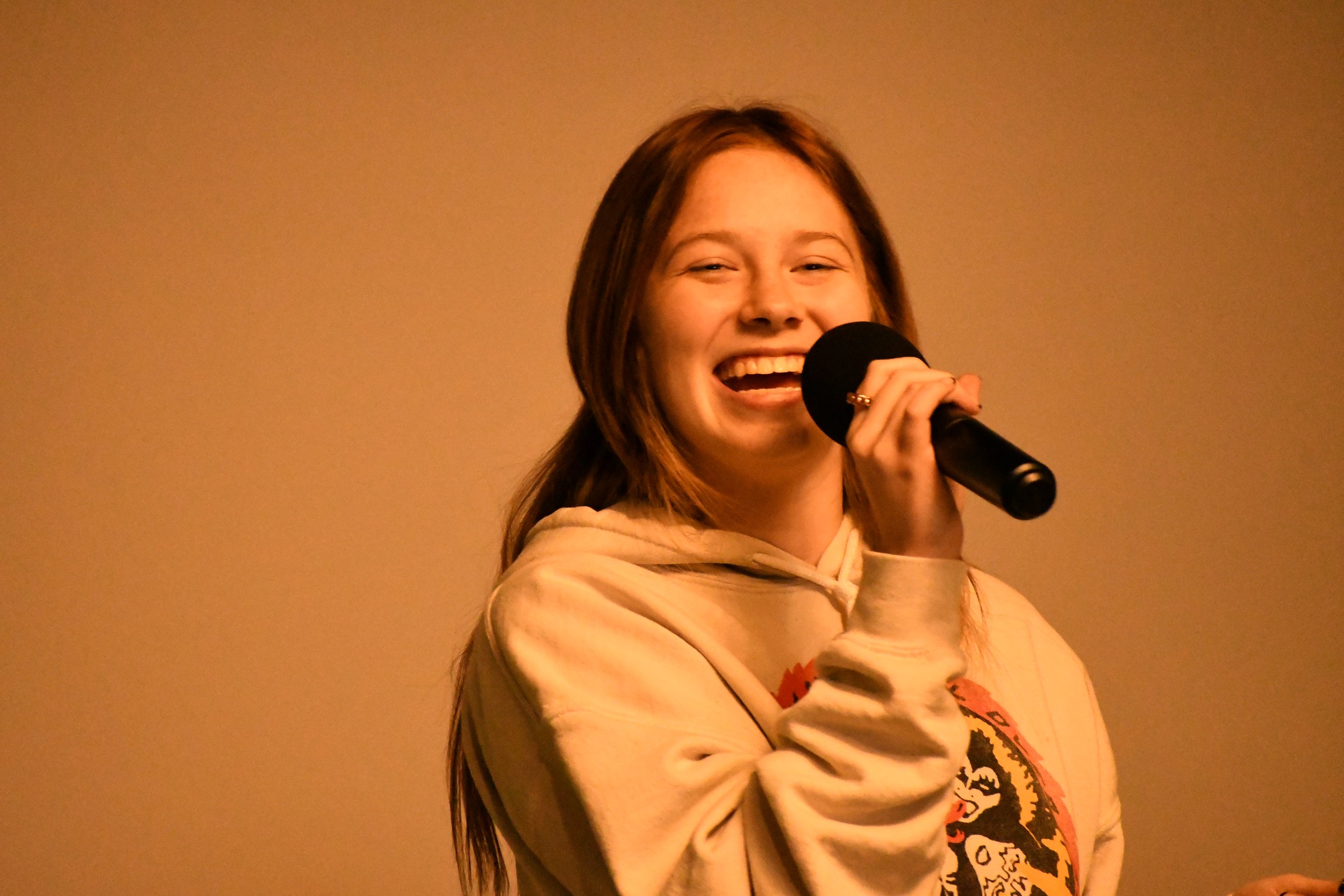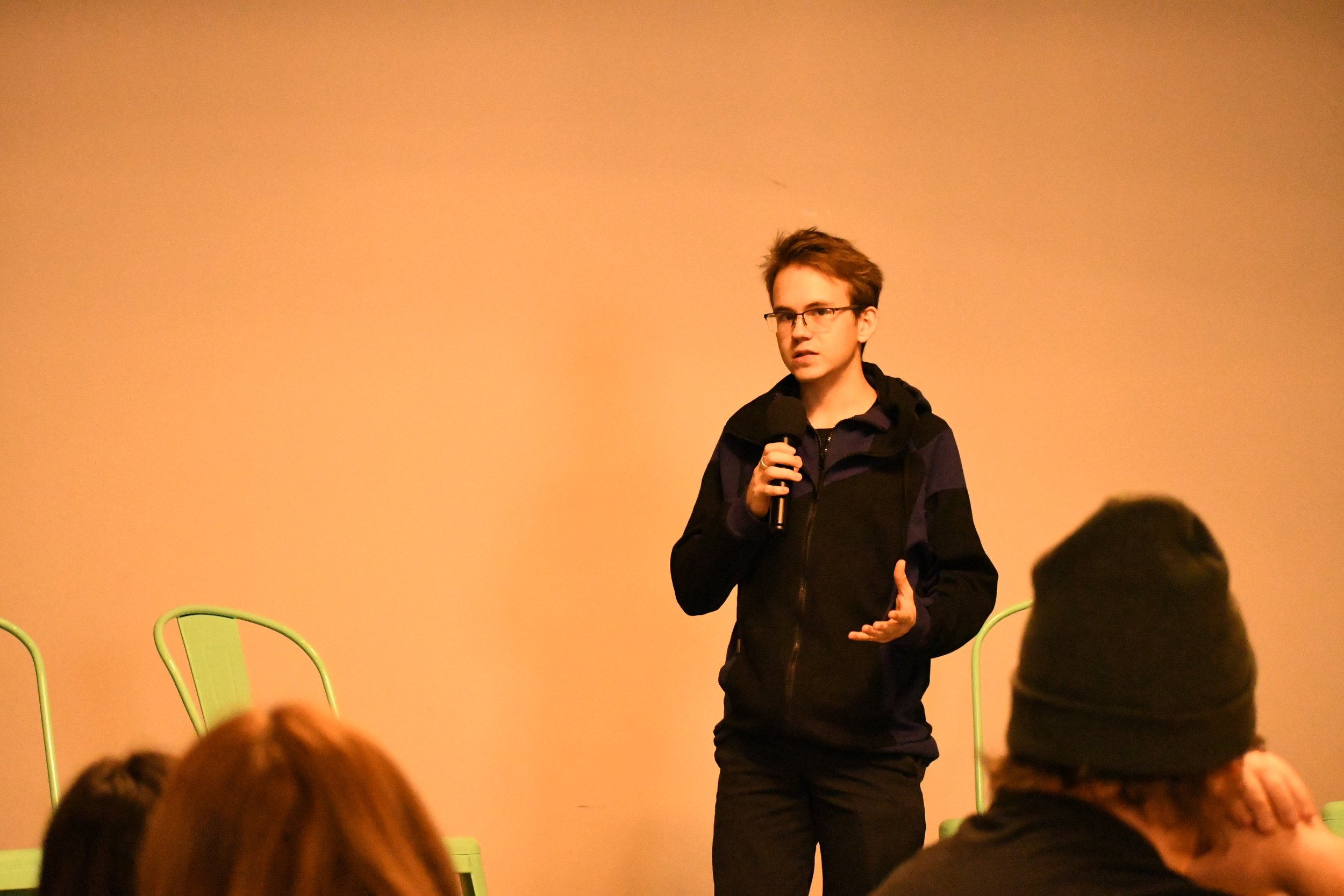Understanding Practice
“Mastery begins with humility.” - Robin Sharma
At what point do you consider yourself good at what you do? Do you subscribe to Malcolm Gladwell’s 10,000 hour rule as “the magic number of greatness”? Is it true that after 1,250 complete, dedicated 8 hour days (coffee breaks and lunches not included) of “practice” you somehow switch from being a novice to a person who can truly be considered “elite” in your field? Importantly, once one feels that he or she has crossed this experience threshold, is that person able to justify practicing less, trying fewer new techniques, and lifting slightly off of the accelerator that has driven them. It is important to reflect on our motivations for and levels of willingness to practice.
Motivations
As we advance down our education and career paths, often we focus on practice as a means to achieving stamps of validation. Whether a position on a team, a degree, a job, or a promotion these are efforts to quantify the unquantifiable. Formulas for determining competence are certainly tempting, as are hours of practice to check off and get you there. These steps and stamps though can be illusions of past progress towards mirages of current competence after one has crossed an arbitrary finish line. Does an hour of practice take you an extra meter towards your finish line? Or is it more complex? Do we practice to arrive and achieve instead of practicing to grow and develop?
One could make an argument that practice centered on “arrival” is efficient. There is a goal. We practice only what can take us from a predetermined Point A to some Point B that we have judged to be more or less possible and relatively risk-free (failure is of course not shareable on social media). This type of practice, however, can also be rigid, and narrow and has the potential to be limited in terms of its ultimate value for a person.
Practicing to grow is less math and, perhaps, more poetry. It starts with a blank paper. Success is open to interpretation for what the end product will be or could be. “Achievement” is relative and there is little measurable path of progression. It is a journey. It is a story. The end product may or may not be Instagram, TikTok or Linkedin worthy. However, practicing without a clear understanding of where one’s efforts will take a person, can provide a cinema-worthy journey of growth, learning, and contribution to society.
Lauren Pritchard (LOLO) connected with the Jackson Grown Fellows at Monthly Meeting 5 about how to engage an audience on stage. As a seasoned singer and actress, she has performed on stages from New York to London and provided incredible advice to the Fellows about ways of interacting with large groups. (Photo credit Hannah Gore)
Willingness
At its core, practice is an exercise in humility. The act of refining or improving a skill, whether in sports or speaking, clarinet or coding, weight lifting or writing, is an acknowledgment that growth is possible and that improvements can be made. For individuals who feel they have “arrived” or who have worked hard to achieve some measurement of success, this can be a barrier to continue learning and growing. In these cases, arrival could imply stagnation.
In one’s education does learning stop with a bachelor’s degree? If so, will the recent college graduate be intimidated by another person with a Masters or PhD?
Is a CEO willing to learn from a junior member of his or her company. This might indicate a 25-year-old staff member could know more about a small nook of their company’s market than a 25-year industry veteran.
Will a respected journalist allow an intern to edit one of his or her articles? It could be that the eagle-eyed professional is able to miss a comma.
The common enemy of practice (and thus growth) is far too often a tangled battle against one’s pride, fears, lack of confidence, and misperceptions. Whether we are in high school looking up at the night sky for the first time, in university learning the basics of physics, or a senior astrophysicist at NASA, learning how to learn, knowing what we don’t know, and practicing our practice are the first steps towards making sure we unlock our own personal universes of potential.
“...this Meeting allowed Fellows to practice communicating their lived experiences in front of an audience.”
Isaiah Meeks, a Senior Fellow at North Side High School, practices delivering a story to an audience. (Photo credit Hannah Gore)
On January 20th, the students with the Jackson Grown Leader Fellowship practiced speaking. They practiced communicating a story and an idea on stage for the first time. Coached on confidence and stage presence by renowned, award-winning performer Lauren Pritchard (LOLO), each Fellow chose a story they found comfortable and easy to share. Alone on stage with the lights in their eyes, each Fellow practiced public speaking in front of respected adult mentors and high school peers. It was perfectly imperfect. There was no script, no notes, and no teleprompter. The Fellows smiled. They laughed. The small, friendly crowd smiled with them.
The practice was directly indirect. Prescriptive formulas were intentionally left at the door. Fellows practiced speaking on the fly instead of practicing a pre-written speech. They were growth-focused as opposed to outcome-centered. General vs. specific. Qualitative vs. quantitative. On this day, the Jackson Grown Fellows spoke with refreshing authenticity and vulnerability. Something rare in today’s world. They allowed themselves to be imperfect in a world that demands something other. They let themselves practice. They admitted there was something they could learn and, importantly, allowed themselves to be taught.
Admittedly, in an era of dwindling funds, shrinking budgets and intimidating student loans, training without relatively immediate returns on the investment feels frivolous. Why train if there is no game scheduled? Why read if there is no test, no grade or no diploma? Why sing if there is no concert? In a twist on Shoeless Joe Jackson’s fictional words from the movie Field of Dreams, why build it, if there is no promise that he will come?
This Meeting allowed the Fellows to focus exclusively on developing general, growth-focused communications skills. It will, someday, help them share their knowledge and lived experiences with confidence in front of someone somewhere whether it be a dining room, classroom or boardroom.
For the 2022-2023 Fellows of the Jackson Grown Leader Fellowship, each Fellow was motivated to grow, willing to take the stage, pick up the microphone and practice letting their voices be heard for the first time.
Jocelyn Gargus, Distinguished Senior Fellow from JCM High School speaks with confidence to a group of twenty. (Photo credit Hannah Gore)
“For individuals who feel they have ‘arrived’ or who have worked hard to achieve some measurement of success, this feeling of mastery can actually be a barrier to continued learning and growing.”



